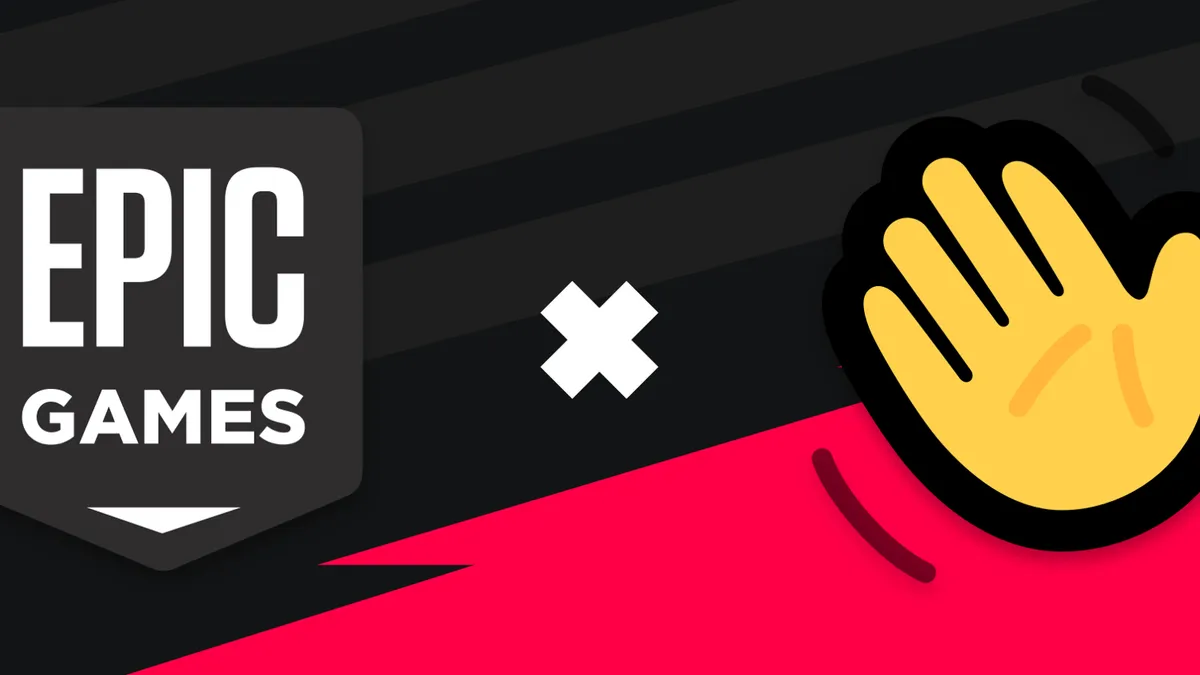Brief:
- Epic Games, maker of the hit video game "Fortnite," acquired social video chat app Houseparty to expand into social networking and reach a more diverse audience. Houseparty announced the deal in a blog post that didn’t disclose the financial terms.
- Epic Games will keep its user accounts separate from Houseparty accounts, and won't share user data between the platforms. Houseparty started as a video chat app and later added social features such as chat and mini games, among others, Variety reported.
- "We have a common vision to make human interaction easier and more enjoyable, and always with respect for user privacy," Sima Sistani, Houseparty's co-founder and CEO, said in the blog post. Houseparty's parent company, Life on Air, raised more than $70 million in venture capital from investors such as Greylock Partners and Comcast Ventures, per data compiled by Crunchbase.
Insight:
Epic Games' acquisition of Houseparty is another sign of how video games and social media are converging. "Fortnite" doubles as a social network for millions of people, especially teenage boys. While high-speed connectivity has made multiplayer games more accessible to a wider audience, "Fortnite" makes gaming even more communal with its voice and chat features that let people have conversations while they play. Fans of the game gather online not only to play, but also to chat, share strategies, get tips from experts, follow influencers, form friendships and virtually attend live concerts, among other activities.
The comments plans to keep user data separate taken with the comment by Houseparty's CEO about privacy suggest the app wants to differentiate itself from Facebook, which has had several high-profile privacy-related scandals and is being scrutinized by regulators over allegations that it mishandled user data.
Epic didn't comment to the media about the acquisition of Houseparty, leaving people to speculate about its strategy. Most likely, the company is seeking to diversify its audience beyond teenage boys and to appeal to more girls, The Wall Street Journal reported. Houseparty and "Fortnite" are similar in that they appeal to a younger demographic than Facebook. They also provide a more intimate environment, or "third space," for friends to gather online. For Houseparty, a deep-pocketed backer like Epic gives its company more financial resources to scale up and compete with bigger rivals like Facebook, which shut down its Houseparty clone Bonfire last month.
Mobile users have installed Houseparty's app 35 million times since 2016, but installs plunged 38% to 2.3 million in Q1 from a year earlier, according to Sensor Tower estimates cited by the Journal. Meanwhile, "Fortnite" doubled its user base to 250 million players between June 2018 and March 2019, giving the game a reach that rivals social networks like Pinterest (291 million monthly active users), Snapchat (190 million daily active users, or DAUs) and Twitter (134 million monetizable DAUs).
Mary Meeker, general partner at Bond Capital, this week cited "Fortnite" as a disruptive force in the social media industry during a presentation at Recode’s Code Conference. She said the video game highlights the power of the "freemium" business model and the ability to create a social network from a gaming experience. Freemium software is offered free of charge to hook new users, but charges fees for additional features.
"Fortnite" helped Epic generate $3 billion in profit last year, mostly by selling virtual currency called "V bucks" that players can use to buy digital gear including cosmetic skins, dances and pre-released game modes for their avatars. “Fortnite” is diversifying its revenue with sponsorships, such as Nike's virtual sneaker drop that let players dress up their in-game characters with Jordan Air Force 1 shoes. Last fall, the National Football League gave "Fortnite" gamers a chance to dress up their avatars with customized jerseys.














